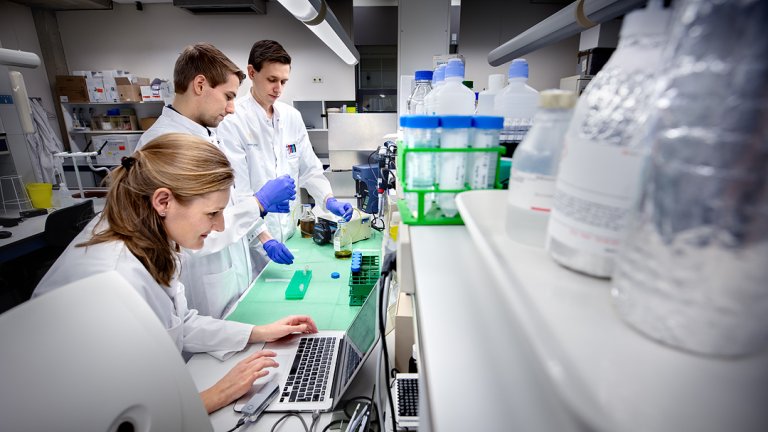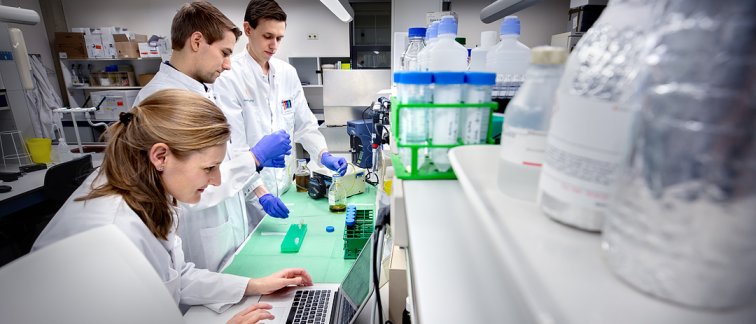The gut microbiome has now been embraced as an endocrine organ with critical functions for human metabolism, digestion and immunomodulation. It has been linked to a plethora of diseases not classically associated with microbes, including type 2 diabetes.
Importantly, interventions aiming to modulate the gut microbiome (e.g., by fecal microbiota transplantation) indicate that targeting the gut microbiome holds merit to serve as a preventive measure for the development of type 2 diabetes or to lower the burden on those already affected. However, the development of strategies to favorably and durably alter the gut microbiome is halted, because there is a lack of knowledge about the factors that drive gut microbiota composition and function (e.g., metabolite production).
It is important to realize that during fecal microbiota transplantations, we transplant large numbers of phages.
Phages are viruses that specifically target and eliminate bacteria. Phages make up a large part of the gut microbial community with estimated ratios of bacteria:phages ranging from 1:1 to 10:1. It is important to realize that during fecal microbiota transplantations, we transplant large numbers of phages.
This is of importance since phages exert selective pressure on bacteria by either eliminating their bacterial host (lytic phages) or by providing additive traits to their bacterial host upon integration into their genome (lysogenic phages). Moreover, although phages are unable to infect human cells, they have recently been shown to be recognized by the eukaryotic immune system and to evoke an immune response.
Despite the ubiquitous abundance of phages in the human gut, their potential to control microbial communities and their suggested role in immunomodulation, there is limited attention on the potential of phages to alter human health and type 2 diabetes development.
Using the Diabetes Fund Senior Fellowship, I aim to create deeper understanding of the role of phages in gut microbiome composition and function in the context of type 2 diabetes. Population cohorts will be used to better characterize the human gut phage population, its relation with microbiota (co-abundance) and type 2 diabetes.
Fecal microbiota transplantation and fecal phage transplantation in prediabetic humans (the latter study is currently ongoing, funded by a Diabetes II Breakthrough grant) will be used to link phages with the success of these interventions to modulate glucose homeostasis.
Mouse models for type 2 diabetes will be used to address the extent of mammalian immune activation by free fecal phages derived from healthy and type 2 diabetes donors. Together, the studies proposed will unravel the contribution of the ‘forgotten’ phage community to gut microbiome composition and function in type 2 diabetes.




